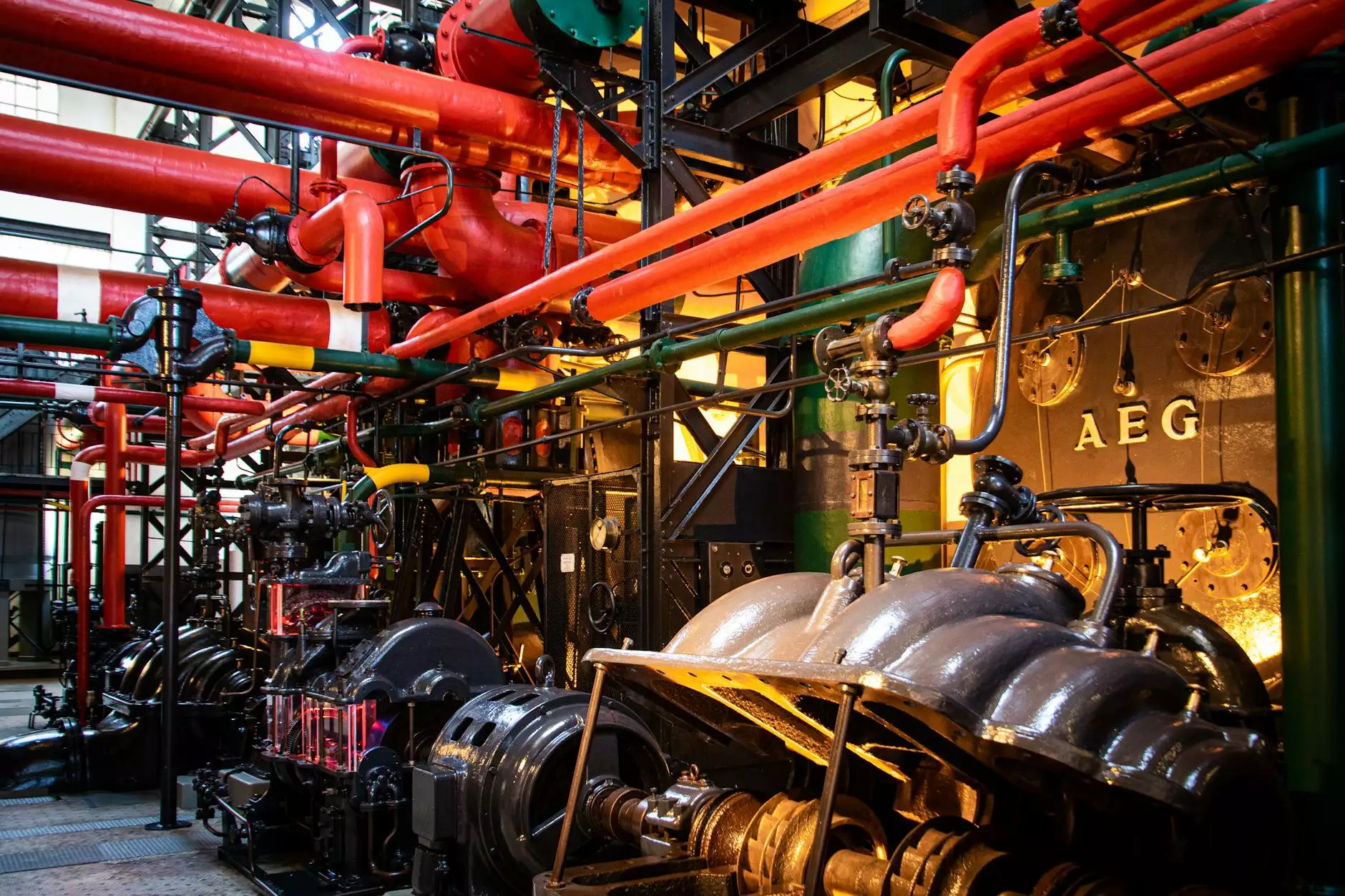The Power of Precision Injection Mold in Metal Fabrication

In the world of metal fabrication, one technology stands out for its unparalleled precision and efficiency - precision injection mold. This cutting-edge method has transformed the manufacturing industry, providing businesses with a competitive edge in producing high-quality metal products with utmost accuracy.
Benefits of Precision Injection Mold
When it comes to metal fabrication, precision is key. With precision injection mold technology, manufacturers are able to create intricate and complex metal parts with incredible accuracy. The use of advanced machinery and computer-aided design software allows for the production of consistent and uniform parts that meet the highest standards of quality.
The Importance of Precision in Metal Fabrication
Accuracy and precision are crucial in the metal fabrication process to ensure that the final products meet the required specifications. Precision injection mold technology enables manufacturers to achieve tight tolerances and precise dimensions, resulting in parts that fit together perfectly and perform flawlessly.
How Precision Injection Mold Works
At its core, precision injection mold involves the creation of a mold with cavities that correspond to the desired shape of the metal part. Molten metal is then injected into the mold under high pressure, filling the cavities and taking on the shape of the mold. Once the metal has cooled and solidified, the mold is opened to reveal the finished part, ready for further processing or assembly.
The Role of Metal Fabricators
Metal fabricators play a crucial role in the manufacturing industry, bringing designs to life and turning concepts into reality. With the help of precision injection mold technology, metal fabricators are able to produce high-quality parts that meet the exact specifications of their clients, ensuring a seamless and efficient production process.
Advancements in Precision Injection Mold Technology
As technology continues to evolve, so does precision injection mold technology. Innovations such as 3D printing and robotic automation have revolutionized the metal fabrication industry, allowing for faster production times, greater precision, and improved quality control. These advancements have paved the way for new possibilities in design and manufacturing, pushing the boundaries of what is possible in metal fabrication.
Conclusion
Precision injection mold technology has become an indispensable tool in the metal fabrication industry, offering unmatched precision, efficiency, and quality. By harnessing the power of this advanced technology, metal fabricators are able to meet the demands of a competitive market and deliver products that exceed expectations. As the industry continues to evolve, precision injection mold technology will play a pivotal role in shaping the future of metal fabrication.









